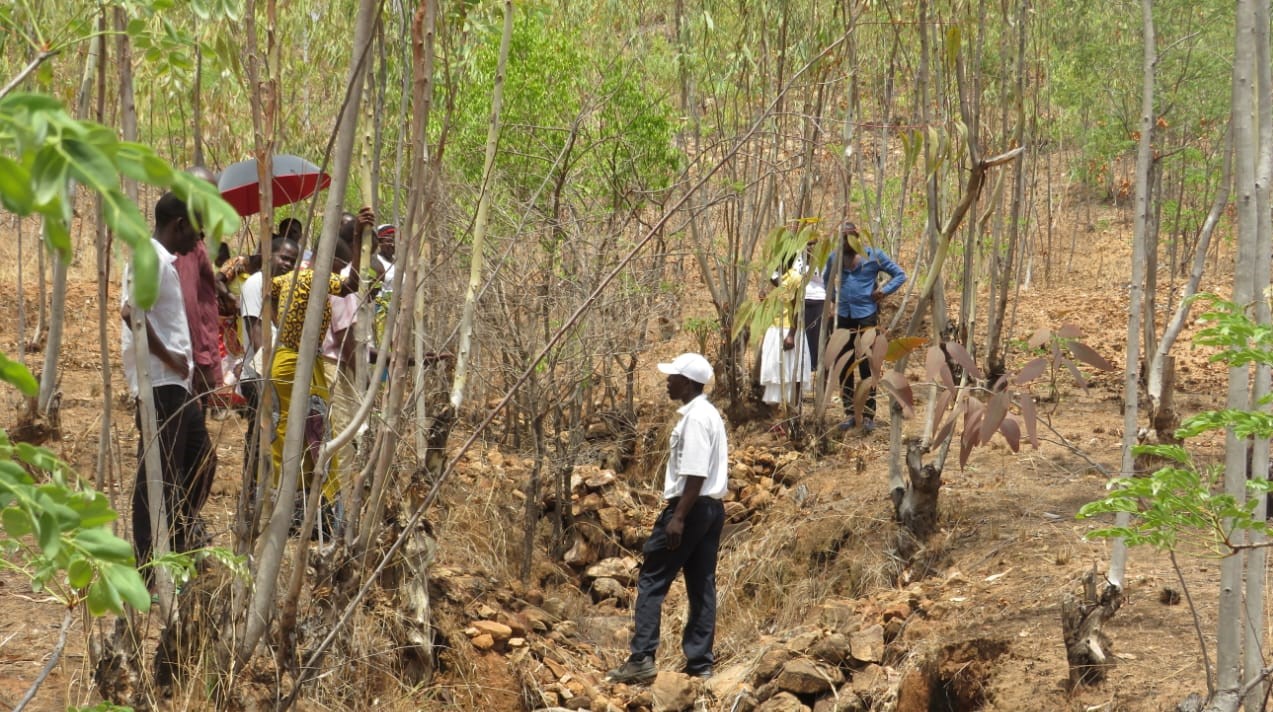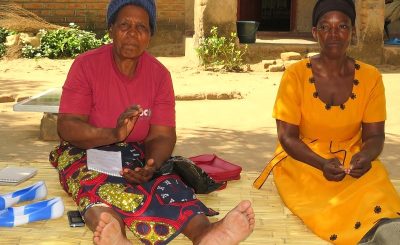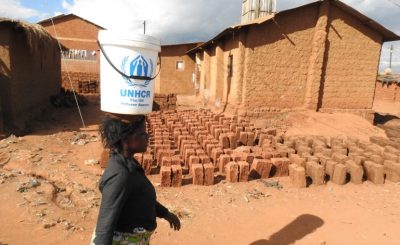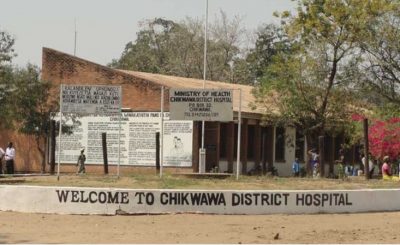Not long ago, Pirimiti Hill forest reserve in the area of Traditional Authority Mwambo in Zomba was free for all due to activities such as charcoal burning and firewood extraction.
The massive deforestation of the forest reserve led to the eradication of biodiversity and impacting negatively on the lives of communities downstream. For several years flash floods from the deforested hill had been a nuisance to crops and homes.
Today, the status quo is different. Deforestation is a problem of the past, and trees have now naturally regenerated, slowly turning the forest reserve into a thriving ecosystem.
The transformation is the result of the Multi-Donor Trust Fund financed Climate Smart Enhanced Public Works Programme (CS-EPWP). The programme which commenced in December last year in Zomba, is targeting 14, 618 households who among other interventions, participate in afforestation and promotion of natural regeneration.
Thomas Malindima, chairperson of Pirimiti Makawa Catchment Management Committee (CMC), says he is pleased with the benefits registered so far under the programme.
“We are focusing on natural regeneration of trees in Pirimiti Hill forest reserve and other forests. The trees have grown so well, and we are hoping that the hill will fully reclaim its massive forest cover very soon,” says Malindima.
To ensure protection of Pirimiti Hill and its landscape, community members established by-laws which impose fines as high as K30, 000 on people caught cutting down trees.
“Anyone found grazing cattle in the forest is liable to pay K20, 000 fine for each cow and K10, 000 for each goat,” says Malindima.
The communities have also embraced the practice of breeding and rearing bees in hives for the purpose of harvesting honey for business, thereby also protecting the forest and contributing to a flourishing ecosystem.
“Last month we harvested 80 kilograms of honey which we sold and made some money,” narrates Malindima.
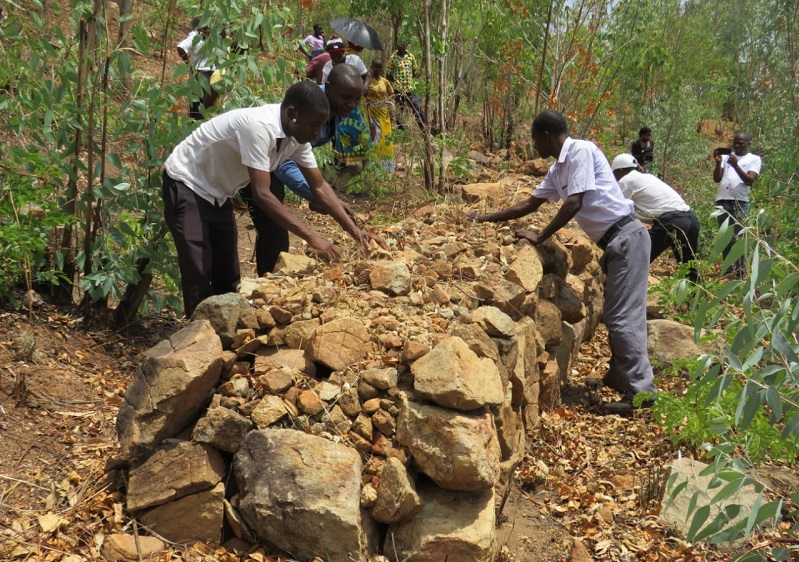
Through the programme, community members were also engaged in soil and water conservation as well as rainwater harvesting techniques in order restore ground water while improving crop productivity.
They laid stone bunds in Pirimiti Hill and in fields to check runoff and control erosion, dug deep trenches, swales and check dams.
“The deep trenches, swales and check dams helped me a lot during cyclone Freddy because if not for these, my farmland could have been washed away by floods,” says Malindima.
Dorothy Kanyumba, of Group Village Head (GVH) Kimu, who receives K1, 200 per day after working for 12 days in a month, says the programme has improved her family’s livelihoods.
“I use the money to buy some basic necessities as well as paying school fees for my children,” narrates Kanyumba.
Weston Selemani, Mpokwa Extension Planning Area (EPA) Agriculture Extension Development Officer, Weston Selemani says restoration of Pirimiti Hill has helped communities stop experiencing flash floods.
“Expectations are high among farmers that they will benefit more in the second cycle of the programme,” says Selemani.
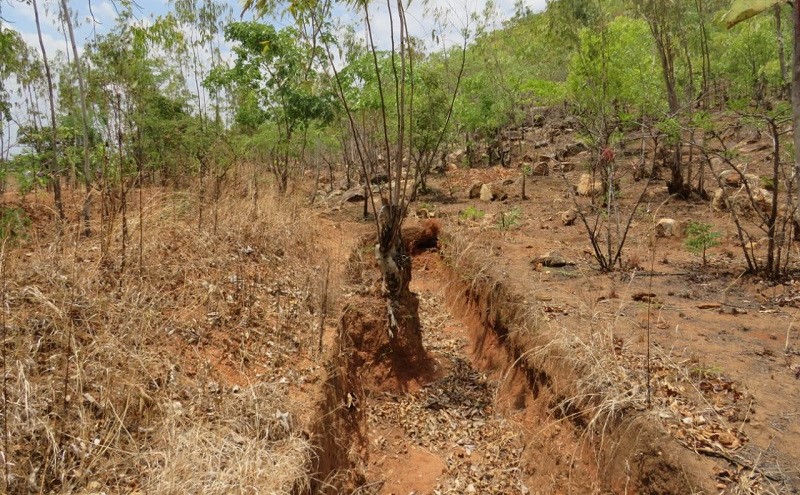
He adds that the interventions have also helped to restore degraded catchments and increase crop productivity.
Chimwemwe Chimbaza, Zomba District Council land resource conservation officer and CS-EPWP desk officer says in the programme’s first cycle, the communities in sixteen catchment areas have also been engaged in river bank protection, vetiver planting on marker ridge construction and tree planting.
“We expect to commence the second cycle of the programme soon with increased number of beneficiaries,” says Chimbaza.
She says the programme has helped to create visible and durable assets, household level incomes and food security.
“The assets will enhance their resilience to climate change shocks,” says Chimbaza.


